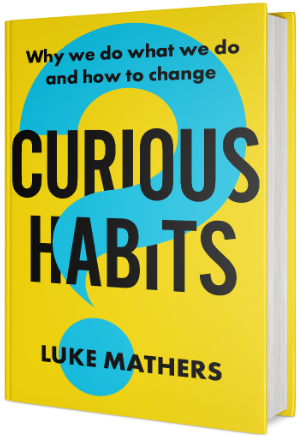The start of a business partnership is a bit like the beginning of a romantic one. You may not have bought each other flowers, but both partners start off starry-eyed and enthusiastic about the possibilities that lay before them. The honeymoon period of a business venture is all adrenaline and excitement. It’s only later on, when the honeymoon is over, that we discover the true nature of the relationship and how to deal with the inevitable issues.
Partnerships have a complex, emotive and constantly changing dynamic. Each partner brings different skills (and baggage) to the table. For a venture to be successful, those different skills need to be acknowledged, embraced and cultivated.
Just like a marriage, a business partnership will find it’s own comfort zone or equilibrium. The success of an organization will be determined by how well the leaders work together.
One of the biggest causes of stress and conflict is when there is a perceived imbalance in one or more of the following:
- Work ethic and Personal investment …..“I am always here for an hour before he turns up.”
- Skillset/Importance. ….“This place couldn’t function without me. He can’t do what I do.”
- Visions and values….. “She is always focussed on the money; I just want to do good things. the money will come.”
- Care factor…..”who cares?”
So how do we keep the partnership positive and grow the business together?
- Respect. Like in a marriage, respect is a cornerstone of any good partnership. Giving respect helps lift your partner up, magnifies their positives and helps diminish the effect of their flaws. Respect will help you embrace the good and accept the not so good.
- Self-awareness. A person who is self-aware will embrace their good parts, be aware of the gaps in their skills and attempt to improve on them. A self-aware person is also more likely to be socially conscious. They will understand other people’s “needs and wants” and will have empathy for people in a team.
- Compatible skill sets. Both partners shouldn’t have the same skills. The charismatic, idealistic, dreamer needs to have a structured, attention to detail partner. Most of all, each partner needs to respect and embrace the strong points of the other. In almost every successful business partnership I’ve studied, there’s usually one visionary leader and one person who is more of a whiz at execution. As we all know, “execution eats strategy for breakfast, ” but we still need both.
- Agree on a vision. Both partners need to agree on the direction in which is the business is heading. They have to decide on their “WHY” and develop a path to get there. By both working towards the same vision, partners find common ground.
- Communication’s habit of “seek first to understand before being understood” springs to mind. Good communication also ensures there are no “elephants in the room.” A Partnership agreement, designed and written by the partners themselves, is a great way to get the communication started. It’s never too late to write a partnership agreement and getting help from a third party may be useful if the partnership has some history.
Both partners need to embrace these strategies, and together they can achieve all their goals.
I have a question I like to ask partners and leaders Stress Teflon workshops:
Is this business a better place because you’re in it?
Would your partner agree?











